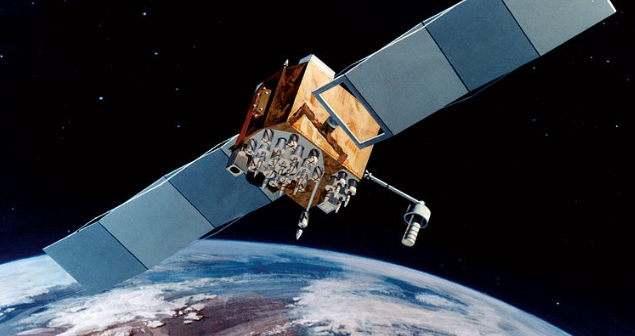What would happen if your GPS went down? I don’t mean just the GPS on the chartplotter on your boat, or on your smartphone, or on your tablet, or even on your fitness watch. I mean the entire system.
What would happen? Total chaos. Much of our infrastructure and our national defense is based on GPS. Forget about autonomous trucks on the interstate, or getting your next delivery from Amazon. GPS has become an unseen, but invaluable, part of our daily life.
The problem is, at least according to this thought-provoking story in The New York Times, it’s too vulnerable. It can be hacked; it has been hacked. Spoofed. Played with.
On your boat, do you have paper charts as backup when you lose a GPS signal, even temporarily? I’ll bet not. Could you find your way to the nearest port at night, or in reduced visibility, without your chartplotter? Are you really ready to go back to the days of a compass and a watch? Do you have a copy of the local tide tables on your boat?
Most of us now take GPS for granted, but has an inherent weakness. The signals are weak, due to the distance they have to travel from space. This makes them vulnerable to interference or jamming or spoofing, when another signal is passed off as the real thing – ships appearing to be in other parts of the world, for example.
In just the past five years, more than 10,000 incidents of GPS interference have been linked to China and Russia. Ship captains report their onboard GPS showing them 20 to 120 miles inland when they were cruising in the Black Sea off the coast of Russia. Ships navigating in the Port of Shanghai suddenly disappearing from their own nav screens.
The National Timing and Resilience Security Act of 2018 mandated an emergency backup for GPS for our national security. It said we needed to develop a reliable alternative system in two years, but that hasn’t happened yet.
That same year Congress authorized funding for the Departments of Defense, Homeland Security and Transportation to develop alternatives to GPS. Eleven systems have been tested, including eLoran, a low-frequency, high-power timing and nav system using land towers at U.S. Coast Guard stations.
China, Russia, Iran, South Korea and Saudi Arabia already have working eLoran stations. Our government is also looking at systems delivered by a fiber optic network and satellites in lower orbits than GPS with a stronger signal. It’s not clear how all this will play out. Stay tuned…. Read more:




